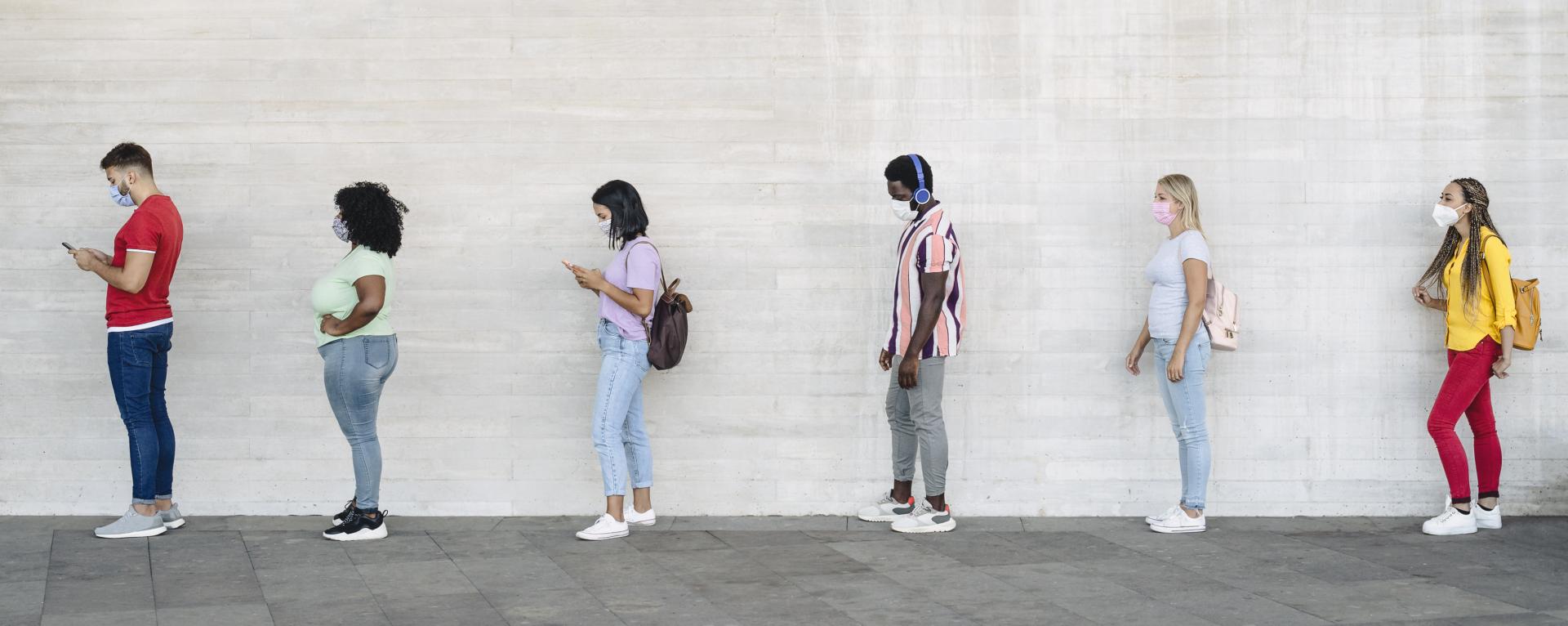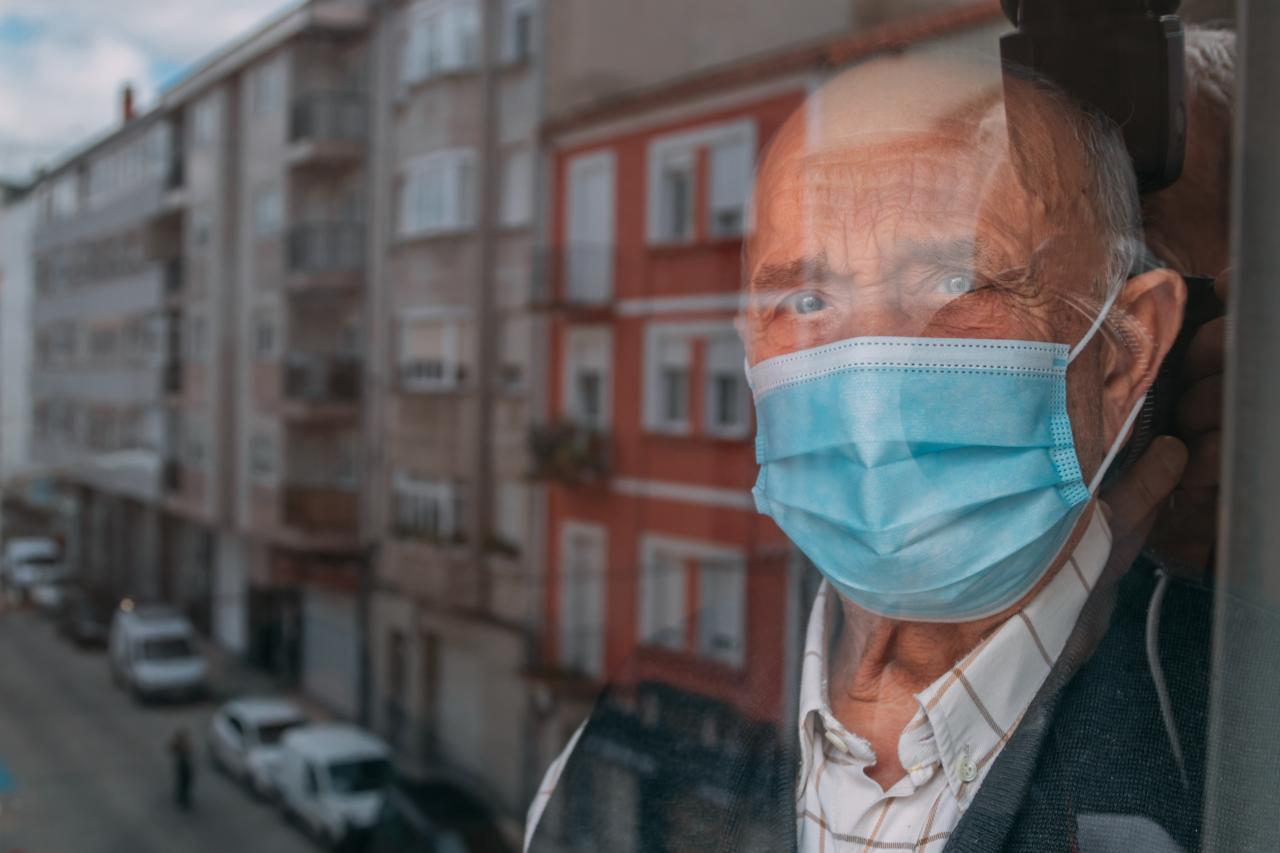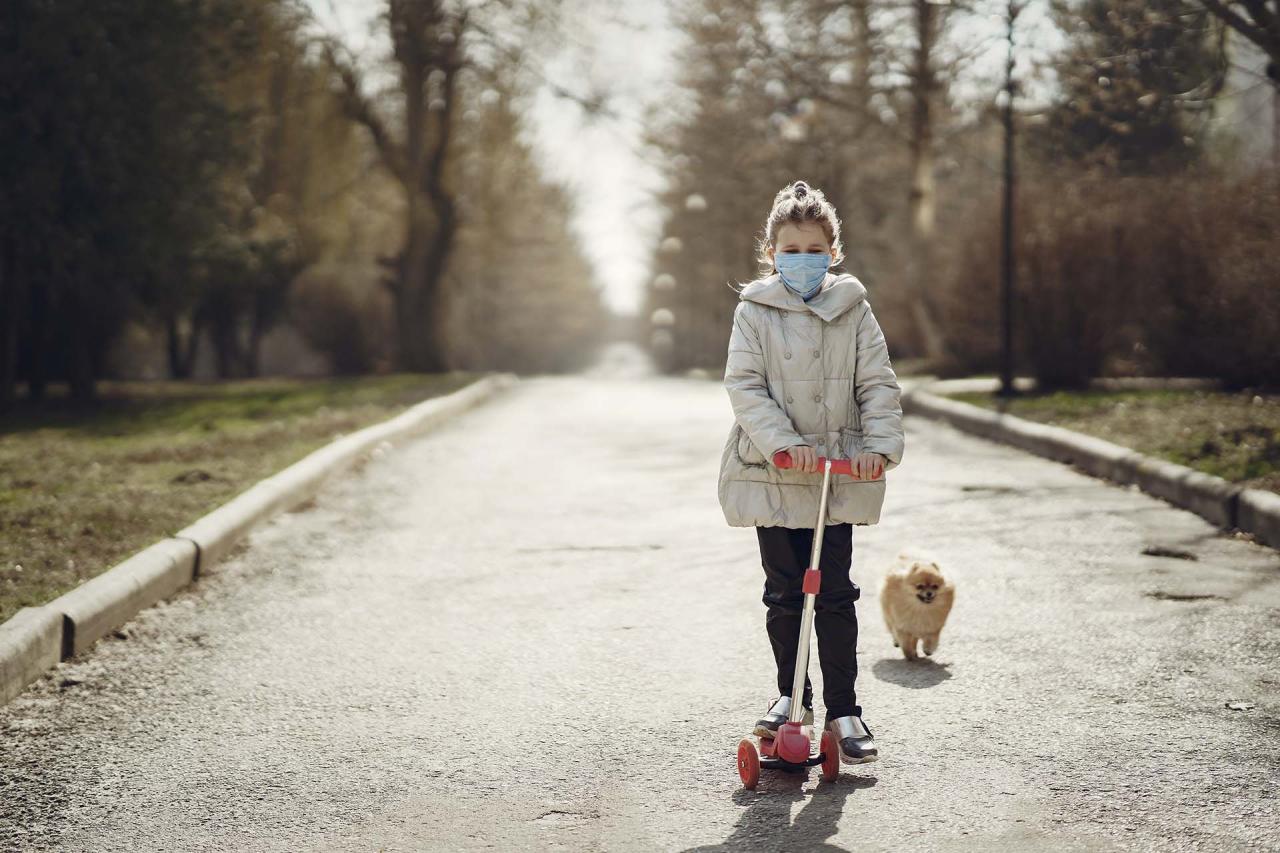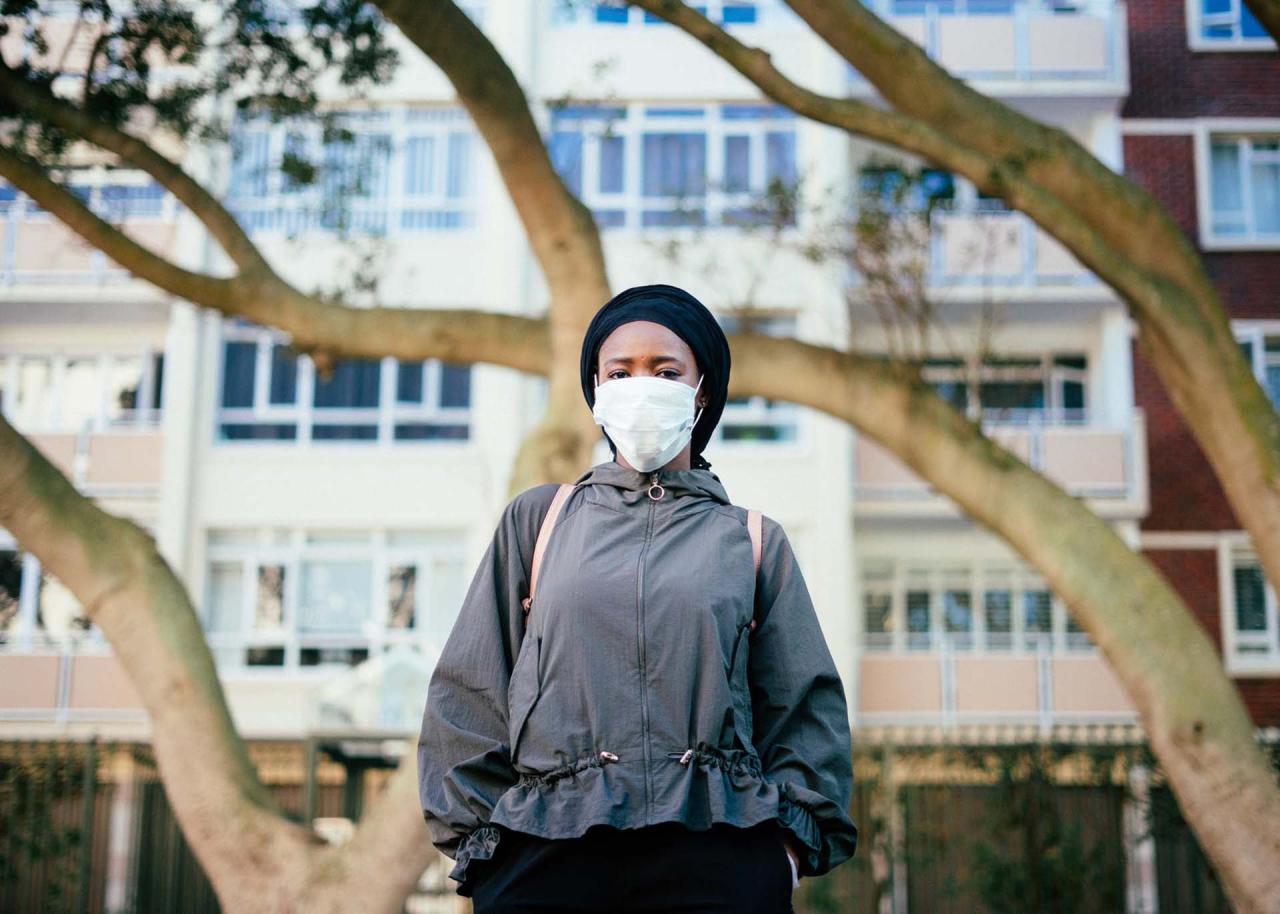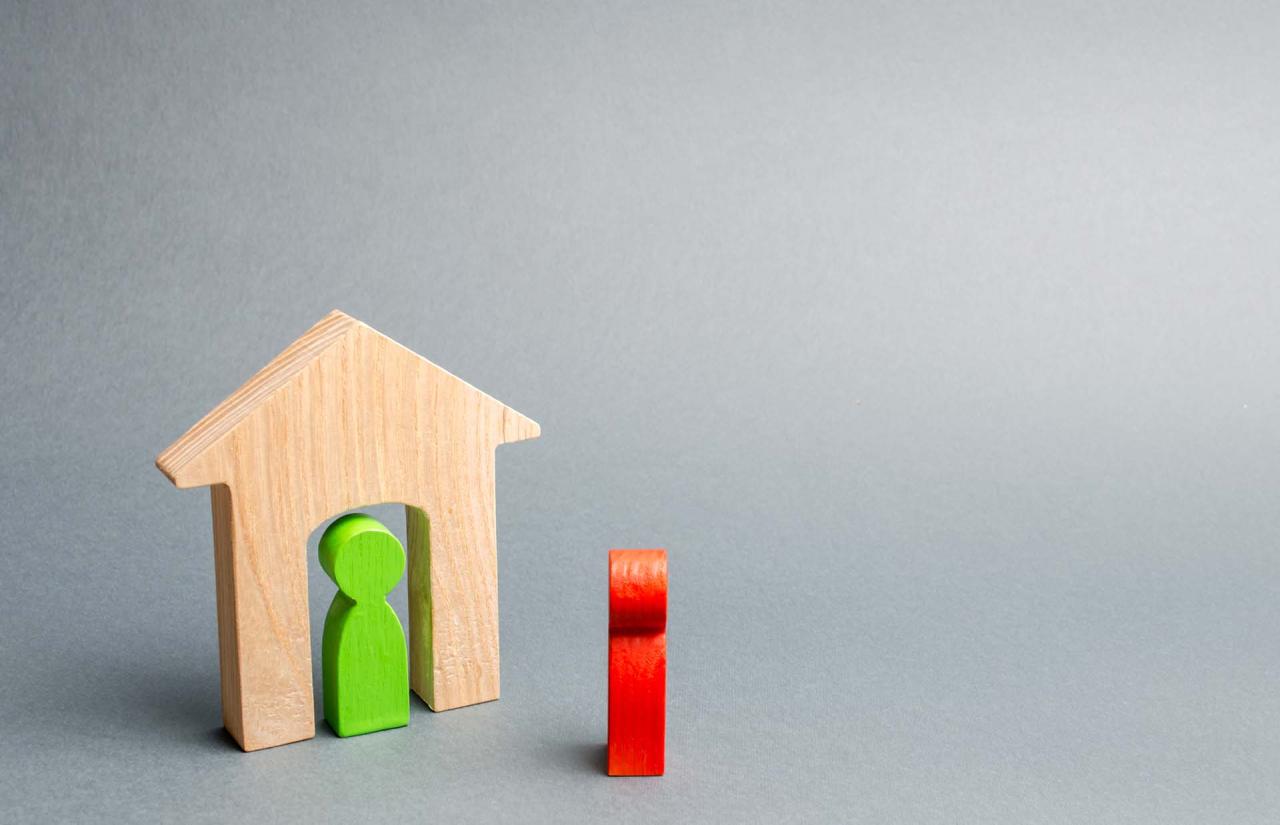AHURI's COVID-19 Research Hub is the home for the latest research, policy analysis and news on housing, homelessness and urban responses to COVID-19. Underpinning our activities are eight priority research projects aimed at helping governments at all levels make the best housing policy decisions during and following the coronavirus pandemic.
The Hub is organised according to nine key research themes identified as part of the development of our COVID-19 research agenda. Click on each theme to view relevant research, policy briefs and news items related to that theme.
COVID-19 Final Reports
Australia’s COVID-19 pandemic housing policy responses
This research reviewed Australia’s COVID-19 housing policy responses to better understand their intervention approach, underlying logic, short and long term goals, target groups and level of success.
Marginal housing during COVID-19
This research examines the impact of the COVID-19 pandemic on marginal and informal housing and short-term rental (STR) accommodation to establish any health and housing risks, and investigate any changes to the demand and supply of informal and STR housing during COVID-19.
Pathways to regional housing recovery from COVID-19
This research uses Tasmania as a case study to examine how COVID-19 has affected regional housing markets and communities. As with all regions in Australia, there are distinct differences across, and sub-economies within the state. The capital city area of Hobart has some features common to other capital cities including a more expensive housing market.
Policy coordination and housing outcomes during COVID-19
This scoping study gathered data on the scale and scope of policy interventions in the housing system during the COVID-19 pandemic in Australia—a critical first step for on-going assessment of the outcomes and impacts of the broad suite of initiatives deployed by governments in response to the pandemic and to prepare policy makers for future crises with similar system-wide implications.
Renting in the time of COVID-19: understanding the impacts
This research surveyed and analysed the circumstances for Australian renters during the initial phase of the COVID-19 lockdowns in July and August 2020 to give insights into how the rental market is performing, the uptake of existing support measures and the demand for future assistance.
The lived experience of COVID-19: housing and household resilience
This research investigated housing outcomes during the first three months of the COVID-19 pandemic and evaluated the complex interrelated impacts it is having on Australian households with a range of vulnerabilities.
Post pandemic landlord-renter relationships in Australia
This research investigated the mental and economic wellbeing of landlords and tenants affected by the COVID-19 pandemic so as to help governments at all levels make the best housing policy decisions during and following the coronavirus pandemic.
Responding to the pandemic, can building homes rebuild Australia?
This research assesses how the housing industry can help rebuild the Australian economy both during and after the COVID-19 pandemic.
Supporting Australia’s housing system: modelling pandemic policy responses
This research modelled a range of economic outcomes on employment and unemployment by sector, on earnings and incomes, and then on the housing outcomes of specific groups of interest in Australia from late 2020 and through 2021.
Latest COVID-19 News and Briefs
COVID-19 stimulates government spending on housing and homelessness
The new report, ‘Policy coordination and housing outcomes during COVID-19’, led by researchers from Swinburne University of Technology analysed the scale and range of policy interventions in the housing system during the current pandemic—a critical first step for ongoing assessment of the outcomes and impacts of the initiatives deployed by governments.
Forty per cent of renters can’t afford essentials as a result of COVID-19: report
Almost 40% of Australian tenant households can’t afford essentials such as bills, clothing, transport and food, after paying rent, because their incomes have reduced significantly during the COVID-19 pandemic, new research from the Australian Housing and Urban Research Institute has found.
Half of surveyed renters suffered mental health decline during COVID-19
Australian renters have been disproportionately affected by COVID-19 facing income loss, the inability to pay rent, tenure insecurity and eviction risk. Twenty leading thinkers from housing, economics, policy, urban planning, and epidemiology have explored the results from a survey of 15,000 renting households for the publication Rental Insights: A COVID-19 Collection released today.
Has the impact of COVID-19 on cities and housing affected the incidence of family violence
Housing support for women and children facing domestic and family violence (DFV) has been an important policy focus in recent years, and the restrictions put in place as a result of COVID-19 may impact that support. Additionally, with people around the world being forced to stay home in order to reduce transmission of the coronavirus, medical professionals and policing organisations are warning of an increase in cases of DFV.
How has COVID-19 impacted non-citizens who cannot access government support?
Former Socceroo Craig Foster headlines the concurrent session, No income, no home: Non-citizens and temporary visa holders which examines the experiences of temporary migrants and refugees during the COVID-19 pandemic and the housing challenges they have faced – exacerbated by lack of access to government supports such as JobKeeper and JobSeeker.
Is a ‘green recovery’ the key to post-COVID housing stimulus?
Internationally, improving the environmental sustainability of residential property has been identified as an important way to ensure that economic stimulus spending is invested wisely. It can reduce energy bills and greenhouse gas emissions, improve comfort and health and support employment in the construction sector.
Key workers and commuting during COVID-19
As Australia continues to deal with COVID-19 outbreaks, one of the methods Australian states and territories have used is restrictions on who can move through an area and how far they can go. However, to keep societies functioning there are key workers who need to be at their workplaces, regardless of where they commute from. This has led to question as to just who is a key worker and how far do they commute through Australia’s large capital cities of Sydney and Melbourne.
New priority research project to examine COVID housing policy interventions
The COVID-19 pandemic and associated economic shocks had profound impacts on housing outcomes of many Australians and required rapid and large-scale interventions from different levels of government. The effectiveness of these interventions and the lessons to be learned are the focus of a newly funded AHURI priority research project.
International Policy Exchange
Global solutions to a global crisis: International housing policy lessons from the pandemic
This AHURI Brief, and the series that follow, draw on themes that emerged from an International Housing Policy Exchange convened by AHURI, in collaboration with the US Department of Housing and Urban Development (HUD) in late 2020.
Will housing for rough sleepers be a legacy of the COVID-19 pandemic?
A key focus of the AHURI an US Department of Housing and Urban Development (HUD) International Housing Policy Exchange was the response to helping people who are homeless and on the streets (i.e. ‘rough sleepers’) find appropriate housing or shelter during the pandemic.
Pandemic underscores the connections between socio-economic vulnerability, health and housing
The AHURI-HUD International Housing Policy Exchange highlighted the role of social and economic inequality in health outcomes. The participating countries all reported people with inadequate housing who lived in low socio-economic areas were disproportionately affected by the virus.
Is a ‘green recovery’ the key to post-COVID housing stimulus?
Internationally, improving the environmental sustainability of residential property has been identified as an important way to ensure that economic stimulus spending is invested wisely. It can reduce energy bills and greenhouse gas emissions, improve comfort and health and support employment in the construction sector.

